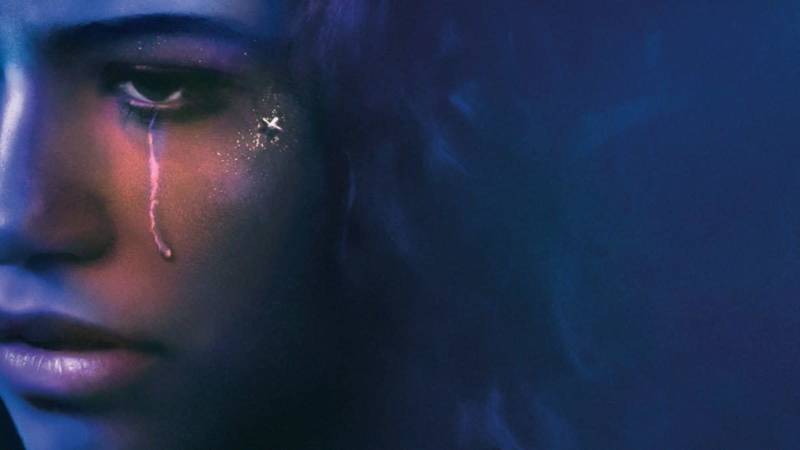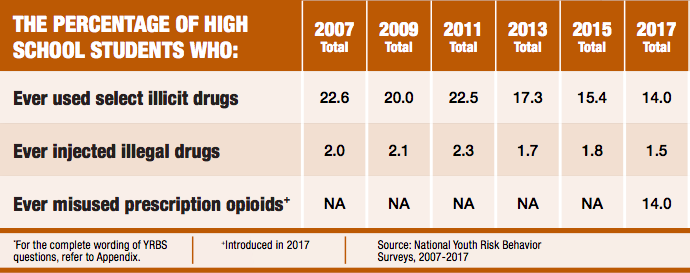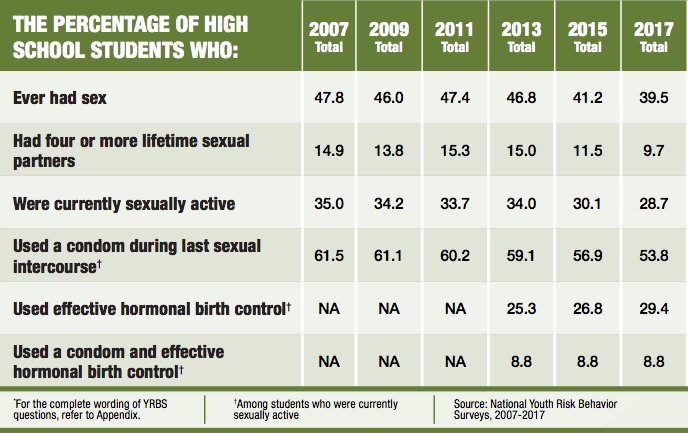In many ways, HBO's Euphoria perfectly captures the anxieties, the concerns and the general discomfort of being a Gen Z teenager. Getting through high school one lockdown at a time, navigating sex in an age when kids have more access to porn than ever before, wondering if the new boy in school is a mass shooter or incel—the first two episodes beautifully capture the stress and foreboding quality of it all. Unfortunately, Euphoria also frequently and willfully goes out of its way to misrepresent teen life in 2019, adding a self-consciously messy layer intended to shock, rather than reflect reality.
'Euphoria' Is Great—But It Does A Disservice To Gen Z Teens Too

Euphoria is a show that follows the example of prior generations' more extreme movies about adolescence—think Less Than Zero, Kids, Thirteen—without factoring in how much better behaved kids are now in comparison to Generation X, Baby Boomers and even Millennials. Teens now have sex less, do drugs less, try alcohol later and go out less than any other teens in modern history—yet the 17-year-olds in Euphoria are presented as doing almost nothing else.
It's not just that teens are less likely to abuse drugs now, it's that when they do, the drugs are different from those of prior generations. The way the show handles new fears around fentanyl in the second episode is a stroke of brilliance, but watching Rue (Zendaya) doing lines of coke at every opportunity feels out of place and dated. If the show had stuck to her merely stealing prescription pills out of bathroom cabinets or oxycontin from her sick father, it would have made more sense both in terms of the drugs Americans are most likely to abuse today and the financial constraints of being a jobless teen from a single-parent household.
Even factoring that in, the rates of high school seniors abusing pain medication has been steadily dropping since 2004, when it peaked at 9.4 percent. In 2018, it was just 3.4 percent, and CDC research shows a consistent drop in drug use across the board.

Euphoria's creator, Sam Levinson, has talked openly about the fact that Rue's character is based on his own experience as a drug-dependent teen. "I spent the majority of my teenage years in hospitals, rehabs and halfway houses,” Levinson said at the show's Hollywood premiere. “Sometime around the age of 16, I resigned myself to the idea that eventually drugs would kill me and there was no reason to fight it.” It seems that by putting so much of himself into the character of Rue, Levinson—who had his own drug problem in the late '90s and early-aughts—has accidentally dated her.
The same can be said for Euphoria's treatment of teen sex. At one point, Jules—a transgender girl played superbly by Hunter Schafer—finds out that classmate Kat is still a virgin and blurts out, "Bitch, this isn't the '80s! You need to catch a d**k!" But for almost 20 years now, the number of teens having sex has been dropping, not increasing. High school kids in the '80s went on 30% more dates than 2015 students and lost their virginity a year earlier. Today, 18 to 24-year-olds have less sex than 50-somethings. Presenting 2019 teens as the most sexually promiscuous generation ever is an outright falsehood.

It's a shame Euphoria gets these important details so wrong when some of the toughest sexual issues facing Gen Z are handled astoundingly well, like Nate's inherited toxic masculinity and homophobia; Cassie being slut-shamed by Chris one minute and pressured into texting him nudes the next; and Kat being secretly filmed during sex. One incredible voiceover from Rue in the premiere explains that nude photos are 2019's "currency of love," and asks adults to "stop shaming us—shame the assholes who create password-protected online directories of naked underage girls." (Sadly, even that moment is almost ruined by a section in the middle where she says: "I’m sorry—I know your generation relied on flowers and father’s permission..." Is she talking to her great-grandparents here?)
In much the same way that 13 Reasons Why abandoned any degree of subtlety in its second season and tacked on a heroin addiction side-plot, it is when Euphoria actively tries to shock viewers that it becomes least powerful. Grown-ish—generally considered a comedy—has in some ways done a better job of depicting realistic teen drug use. As Zoey Johnson casually pops illegally-acquired Adderall to get through her college workload, the show refuses to pass judgment on her or her drug-dealing friend Vivek. There is no big dramatic scene where she realizes the error of her ways, and the two are never portrayed as particularly in danger. That commonplace handling of Zoey's pill problem feels far more meaningful than watching Rue buying drugs from a pre-teen with face tattoos.
Zendaya told Entertainment Weekly that Euphoria's first episode is "the most mild," which suggests the show is going to keep trying to one-up itself. That's a shame, given that, in the moments it's actively trying to scare parents, the show loses touch with the very people it's supposed to be representing. Of course, there will always be teens who are drug addicts, or who have sex in swimming pools at parties, or who have violent compulsions, but where Euphoria fails is in its depiction of all high schoolers behaving that way. Lexi is the only one in the bunch so far who seems even vaguely average—and even she's still willing to give Rue her urine to cheat drug tests.
As Euphoria acknowledges in its finer moments, Generation Z has an entirely new set of problems than any generation that has come before. If the rest of the season could focus more intently on those, rather than muddying the waters with exaggerated depictions of sex and drugs, it would be infinitely more impactful.

